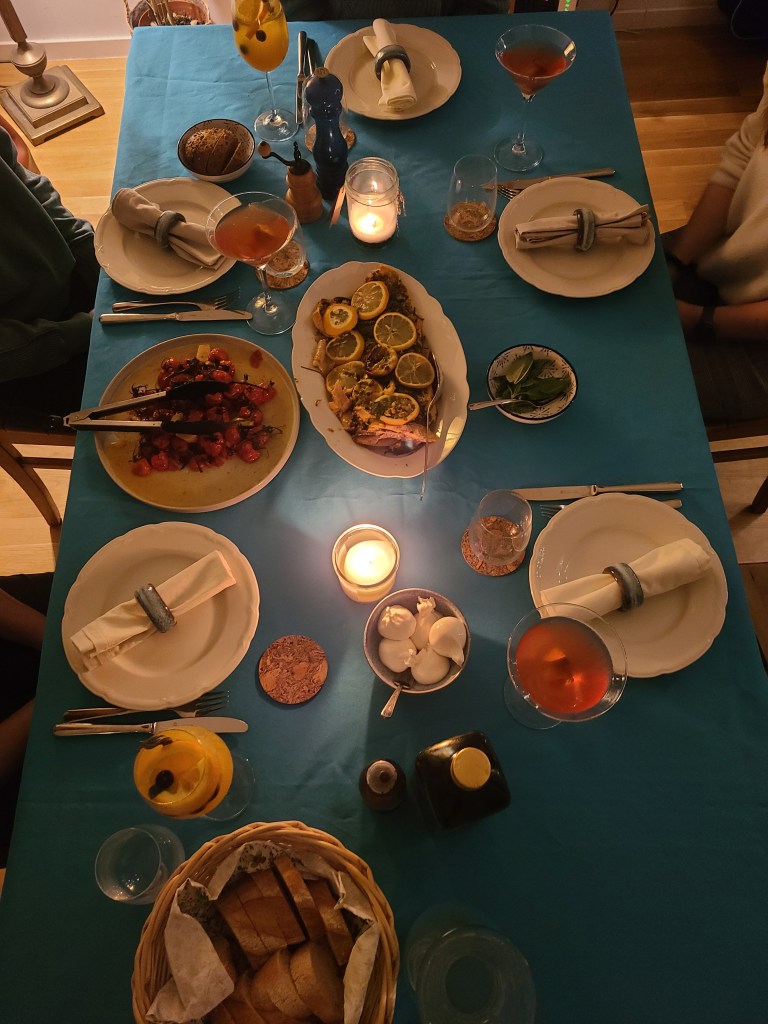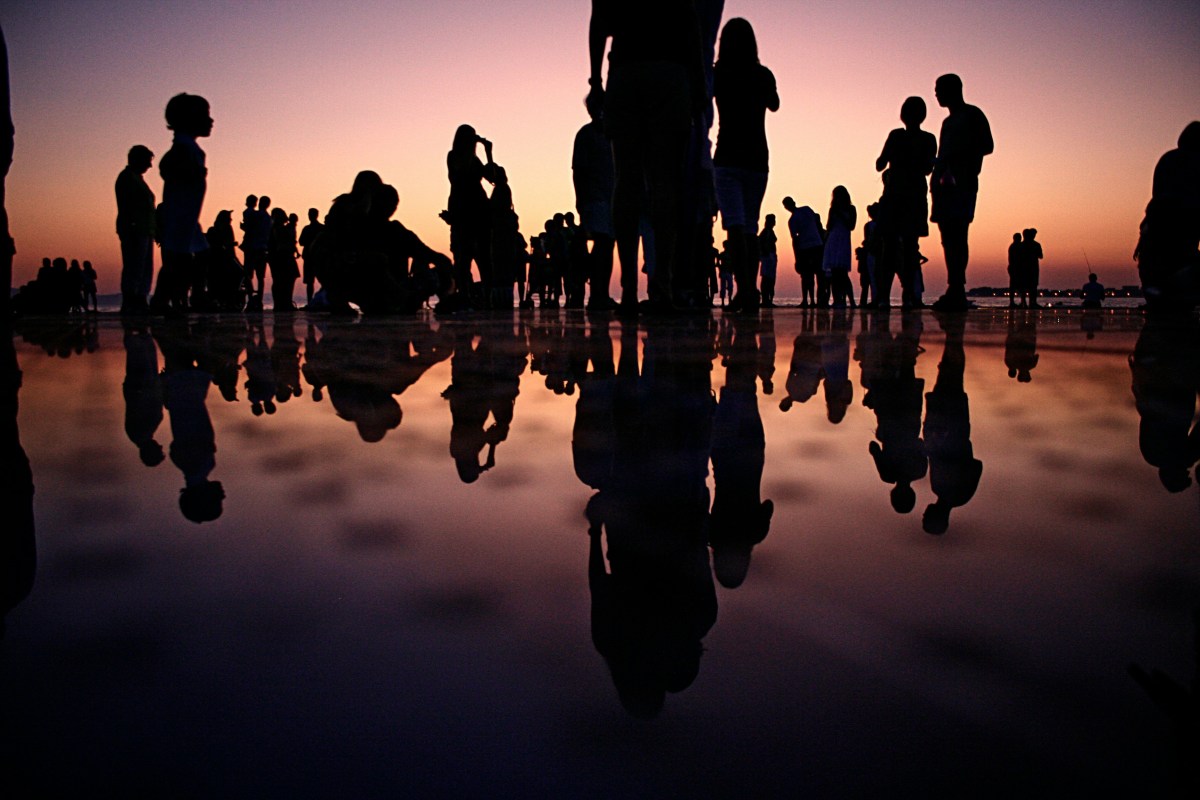“Do you think I can still live here when I’m 30 or will the right-wing government have deported people like me?” a student asked me in history class last week.
A lot more anxious questions followed.
“What will I have to do to prove that I’m German enough?”
“Where should I go back to? I have no other home than this.”
“People like me.” – This means the majority of my students. Second or third generation migrants from forty different nations. Refugees from the horrors of the wars in Iraq, Afghanistan and Syria. People with stories of flight, persecution and the struggle to make a home elsewhere. Youngsters with questions of identity, origin and belonging. They have an immense treasure of cultures inside of them and have overcome so much to be here.
A debate flared up when the news broke last week of a secret meeting between right-wing extremists and conservative groups to plan the deportation of “people not integrated enough” in order to create a “pure Germany” (I put words into quotation marks because they often reflect Nazi rhetoric, which should’ve been banned from our vocabulary long ago).
This meeting is yet another peak of a long journey towards radicalization and nationalist ideals. It is one we’ve seen all around our European neighbors and other Western countries. It is a wake up call for all of us to realize that democracy is not set in stone and maybe more endangered than we’d imagined.
The fascist past screams so loudly in today’s news of secret meetings, populist politicians and openly extremist propaganda. The brown might have been painted over with blue, notions of “protection” and “conservatism”, but the message is still the same nationalist, fascist, homophobic, destructive poison.
Democracy means work of the people – and I am convinced more than ever that all of us need to do this work.
It could mean to march on the streets and demonstrate.
It could mean to show our faces and raise our voices.
It could mean to speak up when propaganda, fake news and half-truths spread in our conversations, news or online.
It could mean to realize that democracy should not be taken for granted and to educate others about democratic values.
As a teacher, I wonder what this would look like in my classrooms. What should we teach?
We need to talk about history and its terrible consequences
It might not be everyone’s favorite subject and for a long time, history has been taught as a mere collection of boring dates and facts. But when you zoom out and put events into perspective, you realize that the past has more impact on the present than you’d probably imagined.
We learn about the dark years of wars, and destructive concepts like racism, antisemitism and dictatorship.
We learn how the strife for national unity and belonging morphed into nationalism and exclusion.
We learn about the long struggle for diversity, freedom and human rights.
We learn about the accomplishments of peace, people’s power and modernity.
Learning about the past from multiple angles shows us how complex situations often were and still are, but also that life is never linear or without hope. And only when we make these connections, we can do better not to let history repeat itself.
We need to create space for emotions and the people behind them
The students in our classrooms are no automated robots but people with feelings. Growing up in a VUCA* world comes with a lot of emotional baggage and it is just all too natural that young people experience uncertainty, anxiety, helplessness and a lot of questions. Maybe even anger and frustration.
Before we talk about the big questions in life, we need to meet our students where they are.
This might mean to open up space for questions that won’t be answered immediately.
This might mean to allow room for raw emotions and tears.
This might mean to just sit with them in discomfort instead of stepping in right away.
This might mean to step away from the idea that teachers have to know and fix everything.
Students need a place where they can open up and process their unfinished thoughts and emotions. If they’re not allowed to think out loud or have to repress what they feel, it could cause great damage to their own sense of self as well as the people around them. Learning to recognize and deal with your own emotions is part of the journey to mature adulthood.
Our schools should become such places.
* VUCA is a term coined by economists to describe the state of our world. The abbreviation spells out into volative – uncertain – complex – ambiguous.
We need to practice and foster ambiguity tolerance
Merriam-Webster’s dictionary defines ambiguity as something “that can be understood in two or more possible ways”. In a world of heated debates and cancel culture, we have somehow forgotten to truly listen to each other and allow space for several statements to be true. We no longer differentiate between facts and opinions, algorithms have created echo chambers in which we only hear what aligns with our own worldview.
Instead of walking away when we hear dissenting opinions, we need to take steps towards each other, as uncomfortable and challenging that might be at times.
Instead of excluding everything that does not fit into our own picture, we might have to invite other voices to the table and let them tell their stories.
Teach how to check facts and classify different opinions.
Relearn patience to really listen to one another and ask questions before passing judgment.
Give ourselves time to think before blasting out half-cooked statements.
Invest in face-to-face conversations instead of energy draining battles online. Accept that there could be more than one answer and not consider this a threat. Seeing the whole spectrum of facts and opinions might open up a whole new perspective on the world and its beauty that is waiting for us to discover it – together.
Democracy calls us to do the work, everyone in their own homes, work places and public spheres. Shall we get started?



